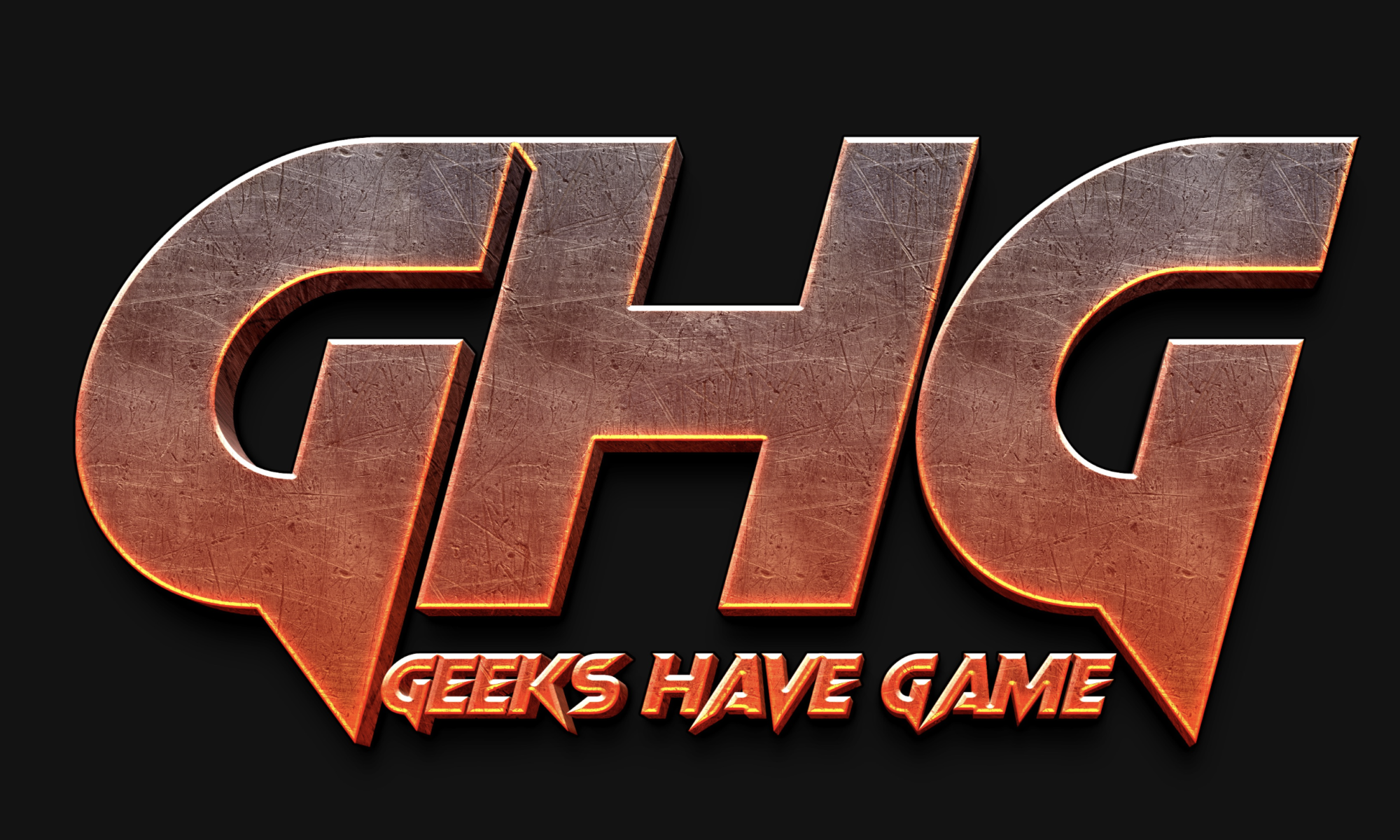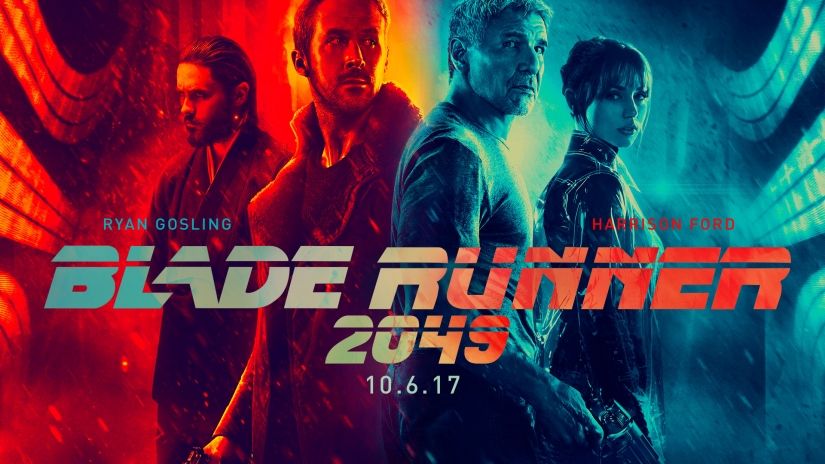
@evilbutters
It has been 35 years since Ridley Scott’s Blade Runner was originally released in theaters. The film had a rather unsuccessful run at the box office making a measly $28 million off of a $33.8 million budget. Its science fiction cult classic leviathan status wouldn’t be something it would be known for until later during its home video release and later still once The Final Cut began making the rounds. Blade Runner is now considered to be one of the best films ever made.
Director Denis Villeneuve has been on this incredible streak ever since he made his American debut with Prisoners back in 2013. The exceptional psychological thriller Enemy, the critically well-received crime thriller Sicario, and 2016’s Oscar winning sci-fi film Arrival have essentially made Villeneuve a household name. If you enjoy any of Villeneuve’s work or the original Blade Runner film, your expectations are probably floating somewhere in the stratosphere for Blade Runner 2049; as well they should be. Villeneuve holds Blade Runner very close to his heart and didn’t want the director’s job at first because he was afraid he’d tarnish its legacy until he read the screenplay written by Hampton Fancher (who co-wrote Blade Runner) and Michael Greene (Logan, Green Lantern), which is both promising and slightly misleading.
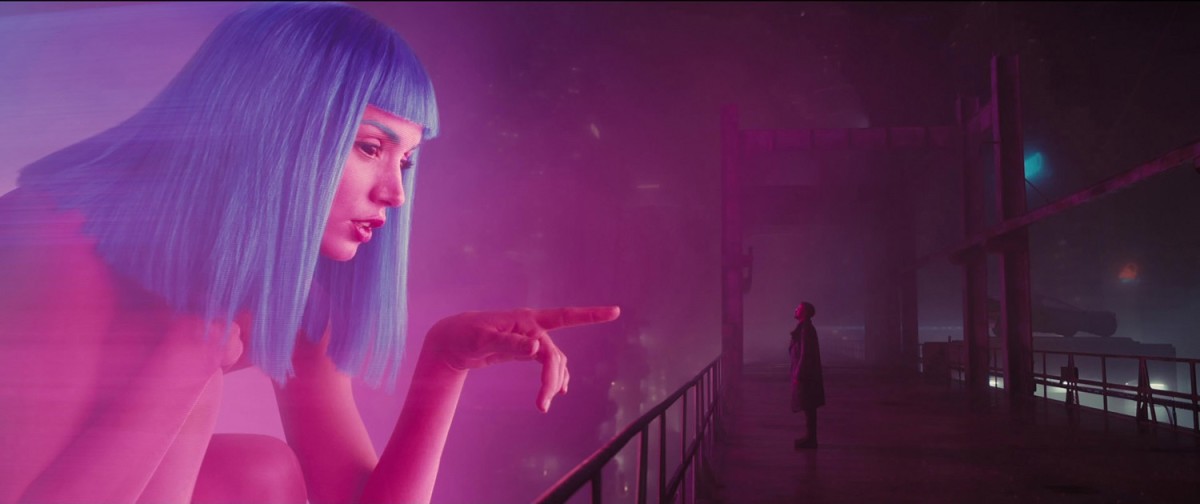
This was the first time where, after exiting the theater for a press screening, critics were handed this sheet of paper sent directly from Warner Bros. featuring a bulleted list of potential spoilers not to be hinted at or mentioned in our reviews; don’t reveal this, don’t confirm that, and even please say some studio force-fed drivel if pressed about a certain character in the film. It all seemed rather unnecessary since most critics have the common sense not to reveal everything about the film they’re reviewing to their reading audience since we probably wouldn’t have the readers that we do if we did partake in that sort of thing.
The film takes place 30 years after the original film. An LAPD officer named K (Ryan Gosling) discovers something that digs deeper than anyone could have ever imagined which leads him to former Blade Runner Rick Deckard (Harrison Ford). In the three decades that have passed, replicants have evolved. Newer models are being produced by Niander Wallace (Jared Leto) and the former models that still run rogue known as Nexus 8’s are what Blade Runners hunt and “retire.”
The neo-noir sci-fi sequel is gorgeous to look at and that’s no surprise since Roger Deakins is in charge of cinematography. Deakins worked with Villeneuve on Sicario and Prisoners as well as Skyfall, No Country for Old Men, and many others over his 30+ year film career. Every sequence that takes place outside seems to take Roy Batty’s, “…like tears in the rain…,’ speech from the original film to heart since it’s almost always raining or snowing as K roams the desolate streets of future California flooded with free roaming, holographic advertisements that often dance naked in the street in an effort to cater to the desires of the public. Blade Runner 2049 updates the visuals of the original film, but does it in a way that makes the two films feel connected. This is the same world that swallowed up Deckard so many years ago, so the temptation is still there, androids are still an active part of society, and flying cars are still way cooler than they’ll ever be in our reality. But 2049 is an uglier future than 2019 ever was with skeletons buried deep within its dim, fluorescently lit alleyways.
Despite Villeneuve’s frequent composer and collaborator Johann Johannsson exiting the film, the score by Hans Zimmer and Benjamin Wallfisch (It, A Cure for Wellness) is unnerving yet beautiful. The music often sounds like unreleased material from Trent Reznor, which is absolutely meant as a compliment. However, Zimmer and Wallfisch have more of a fascination with 80s synthesizer/keyboards than Reznor does, especially here. Blade Runner 2049 gives an industrial twist to a score that has what sounds like the soundtrack of the 80s pumping in its veins roaring like a revving car engine one minute and purring like the grinding gears of the insides of a functional robot the next.
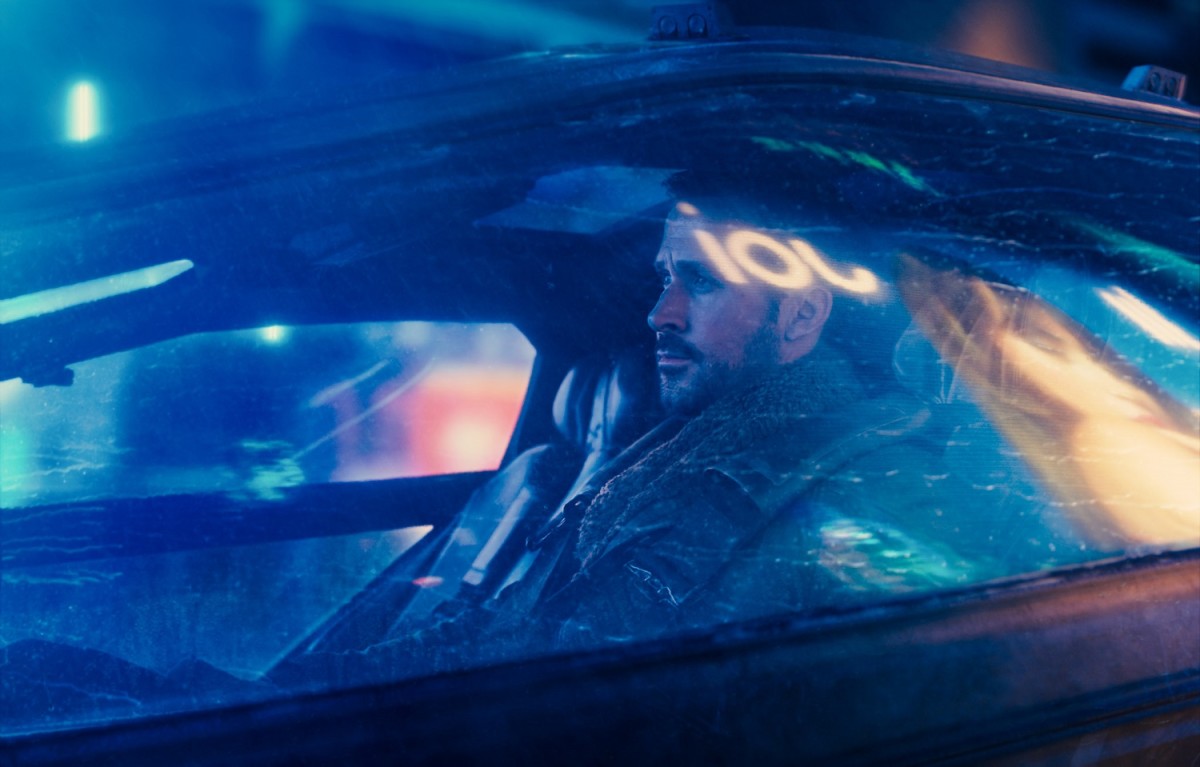
The cast mostly feels underutilized even if you take Ryan Gosling and Harrison Ford into consideration. Gosling carries the picture and yet feels more withdrawn than he was in either Drive or Only God Forgives. He has one pivotal scene where it all comes pouring out, but it just doesn’t feel like enough. Meanwhile Ford is around for maybe a third of the film. Ford was born in 1942 and as he gets older and older it’s becoming increasingly difficult to distinguish one acting role from the next despite the fact that he’s been portraying well-known characters that deserve credit for making him the sought after star he is today. The bottom line is Ford doesn’t act any differently here than he did in Star Wars: The Force Awakens.
The supporting cast is where you begin to feel robbed performance-wise. Leto seemed to have more to work with in the short film 2036: Nexus Dawn. Blade Runner 2049 had three short films released that take place in between the last film and this one. Two of them were directed by Scott’s son Luke and the animated one was directed by Cowboy Bebop director Shinichiro Watanabe. Leto has maybe four scenes in Blade Runner 2049, but is the focal point of the six-minute Nexus Dawn short film. Leto has this eerie calm and quiet demeanor about him while portraying Niander Wallace. He’s this father of replicant manufacturing so he’s fully aware of the power at his disposal, which means he fully embraces the darkness that comes with ruling an empire.
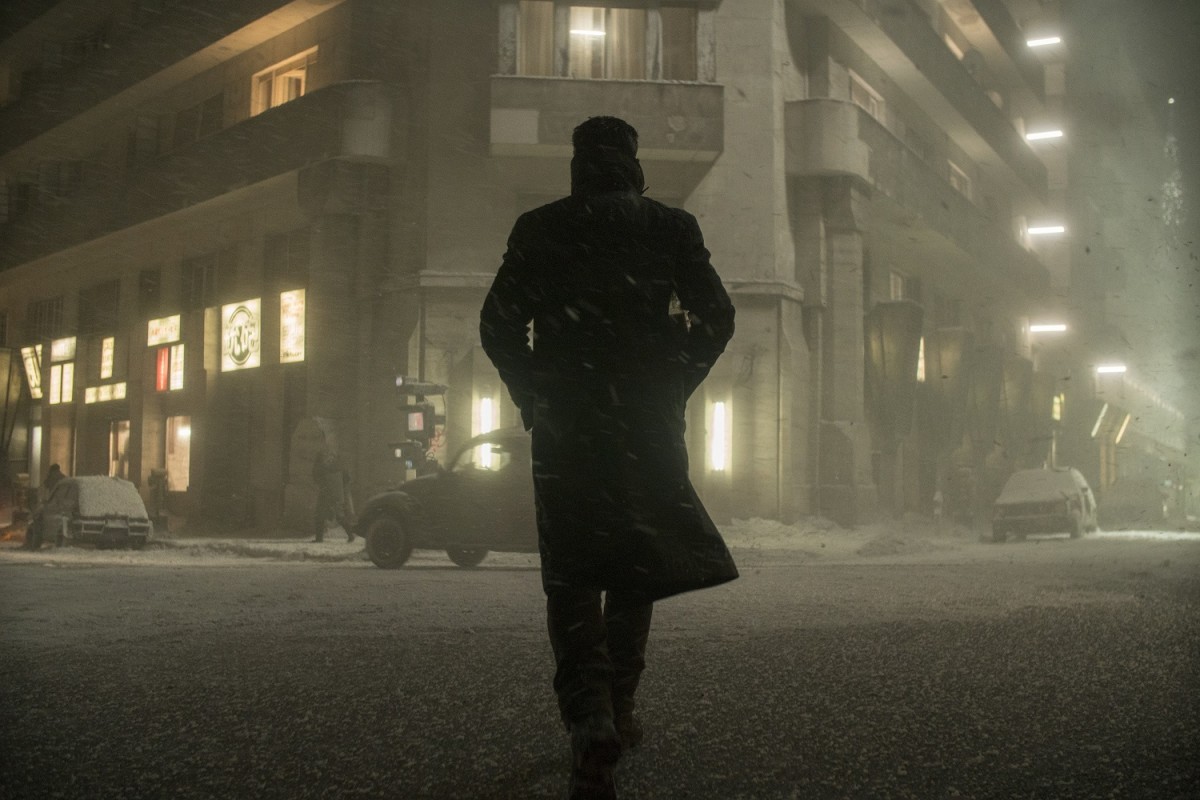
Dave Bautista has a bit more to work with here than he did in Skyfall and utters a line that echoes repeatedly over the course of the film. Lennie James is around for about the same amount of time with a panic and desperation that only scratches the surface of what he’s accomplished as Morgan on The Walking Dead. Sylvia Hoeks portrays the nastiest character in the film and she looks like she’s having the most fun out of the entire cast. Lastly, like Good Time, Barkhad Abdi (Captain Phillips) is shoehorned into another glorified cameo but at least he has some character traits that shine through here.
The unfortunate aspect of Blade Runner 2049 is that it heavily drags over its 163-minute runtime. Its heavily guarded storyline could be summed up in a sentence or two and revealed in a matter of minutes, but Villeneuve chooses to string the audience along like a sloth in line at the DMV. It feels like the film puts so much into its visuals that it forgets to spend just as much time masterfully crafting the editing process, the longwinded screenplay, or maybe doing away with yet another scene of Gosling slowly strolling around in a leather coat that chokes his face.
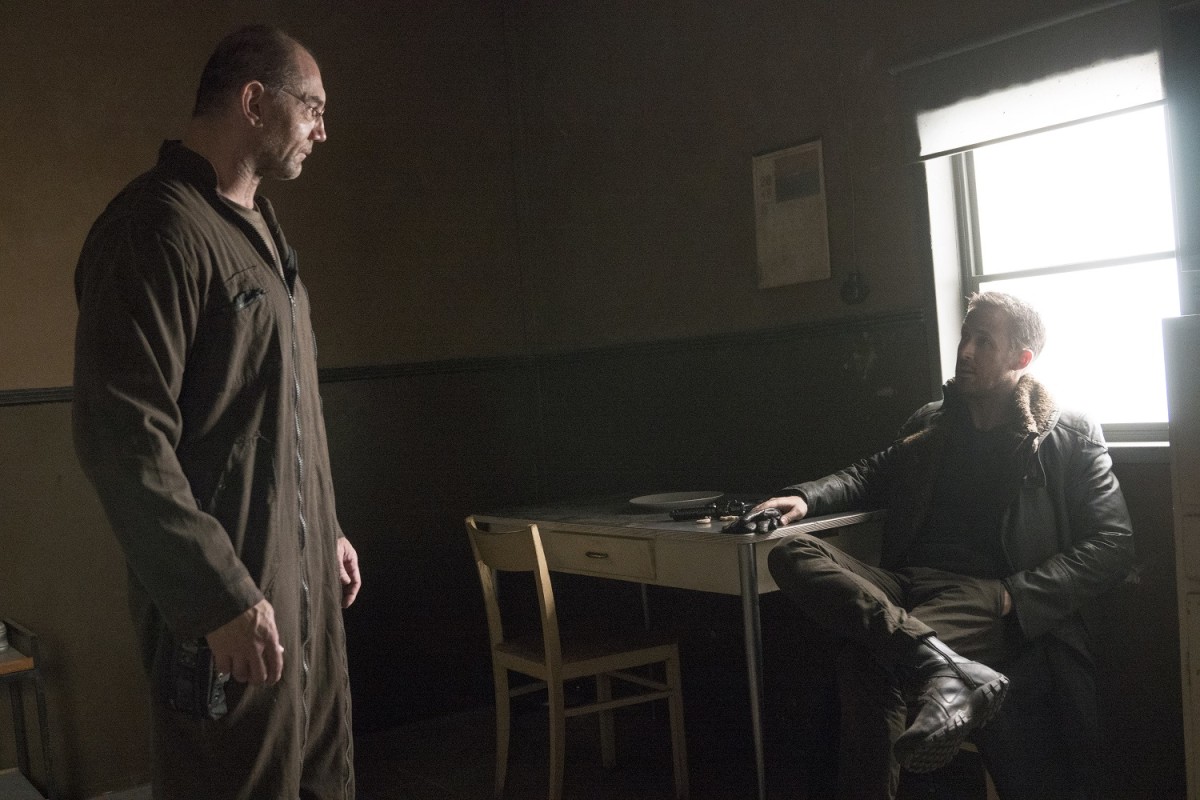
Blade Runner 2049 is one of the most anticipated films of the year since every viewing of the original Blade Runner results in finding something else to appreciate. It’s a film that’s not only ahead of its time, but stands the test of time. On one hand, there’s a lot to process and appreciate with what Villeneuve has given Blade Runner fans. It’s not that the story is bad, but it’s like bringing home what looks like a mouthwatering cut of your favorite meat only to open it once you get home, flip it over, and realize the entire back of it is just excess gristle. Maybe Blade Runner 2049 takes multiple viewings to fully digest and process, but there isn’t enough excitement the first time around to trigger the desire to repeat the experience.
Blade Runner 2049 looks and feels and tastes like the cyberpunk Los Angeles fans crave and lust for from a Blade Runner film, but gorging on its nearly three hour expedition is like consuming a three course meal that looks appetizing and tastes great for about an hour but the next two hours is spent overcome with heartburn and indigestion. Blade Runner 2049 is a visual masterpiece, but a drudging descent for the sci-fi genre.

-Chris Sawin via HubPages
